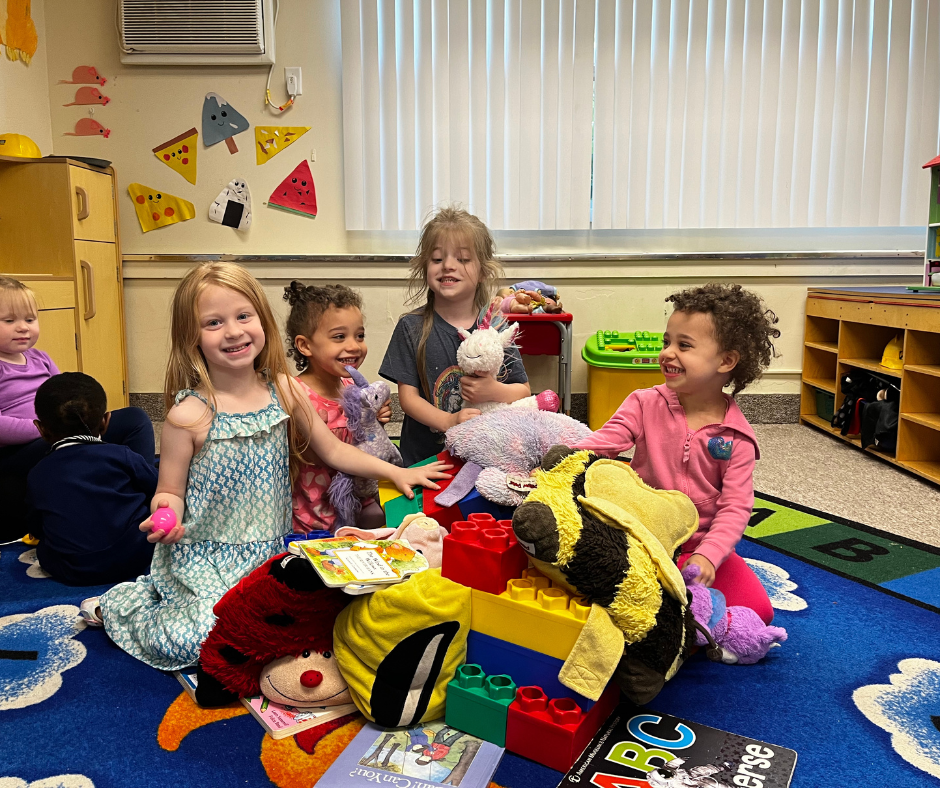Experience Curriculum by Brightwheel
Inspiring Lifelong Learners Through Play-Based, Whole-Child Education. At the heart of every great early learning program is a curriculum that nurtures not just academic skills, but also creativity, confidence, and a love of learning. That’s exactly what the Experience Curriculum by Brightwheel is designed to do. Rooted in research and built for real classrooms, Experience Curriculum is a comprehensive, play-based program that supports the whole child—socially, emotionally, physically, and cognitively. It empowers educators with the tools and flexibility to create meaningful learning experiences every day, while aligning with state early learning standards and developmental milestones. Here’s a more in-depth look at what it offers:
What Makes Experience Curriculum Unique?
Whole-Child Focus
Children grow in many ways, and Experience Curriculum is designed to meet them where they are. It nurtures a wide range of skills through thematic units that engage multiple areas of development, including language, literacy, math, science, motor skills, and social-emotional learning.Hands-On, Play-Based Learning
Every month features new themes and projects that encourage creativity, problem-solving, and hands-on exploration. Children learn best through play, and this curriculum turns everyday activities into rich learning opportunities.Ready-to-Use Materials and Lessons
Educators receive everything they need in one convenient package—detailed lesson plans, daily schedules, activity guides, storybooks, manipulatives, and more. This saves teachers time and helps maintain consistency in the classroom.Easy Integration with Brightwheel
Experience Curriculum seamlessly integrates with the Brightwheel platform, allowing teachers to track progress, share updates with families, and stay organized—all in one place.Family Engagement Built In
The program encourages strong home-school connections through take-home materials and family-friendly activities, helping parents stay involved and support their child's learning journey.


